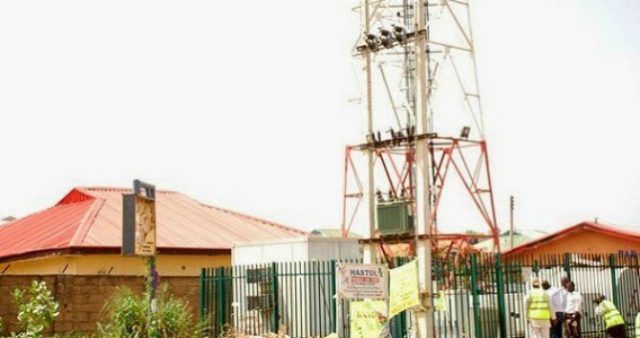Telecoms operators have warned that unless something is urgently done by the Federal Government, the threat facing the aviation sector may be extended to the sector as a result of foreign exchange (forex) liquidity crisis.
They also warned that they may be forced to stop the banking industry from making use of the telecoms infrastructure to offer banking services through Unstructured Supplementary Service Data (USSD) code over the failure of the banks to pay outstanding debts which have grown from N40billion to N40billion now.
Chairman, Association of Licensed Telecoms Companies of Nigeria (ALTON), Gbenga Adebayo who spoke at NITRA ICT Growth Conference 2.0 with the theme: Creating A Digital Ecosystem in Nigeria: The hurdles, The Gains, said at Oriental Hotel, Lagos, lamented that operators are no longer able to meet their international obligations because of the forex squeeze.
He said when the operators begin to acquire bad payment reputation it will be inimical to the sustenance of the gains of the industry.
“Unless we are classified as a priority for forex access, the gains may be eroded completely,” he said.
On the USSD debt, he said the operators were getting to a point where “we will have no option but to discontinue offering services. The debts have remained for too long.” According to him, when the matter first came to the limelight about a year and half ago, the debt was below N40 billion, “but because they refused to comply and pay as and when due, the debt continued to rise. Today, it is about N80 billion.”
Adebayo slammed the banks for intransigently turning themselves into laws by not complying with the directive of the regulator (Nigerian Communications Commission).
Speaking on the challenges of multiple spurious taxes been levied on operators by some states in the country, Adebayo said the challenge has become a major headache to the industry, stressing that over 40 different taxes are slammed on the operators.
While emphasising the need for urgent actions to be taken, Adebayo noted that the regime of national tariff should be over.
On this challenge, he said the regime of one national tariff should be over because of different cost of providing services to customers. “Discriminatory tariff is inevitable. The regime of national tariff should be over,” Adebayo said.
“I don’t see why hostile states should not be treated same way they are treating operators. States that are friendly will be treated same. Plans are on to introduce discriminatory prices, especially those states, which see telcos as cash cow,” Adebayo stated.
Speaking on the rising migration of core technology professionals out of the country, Adebayo said lots of these relocations are not needed.
He said some professionals, who left the country end up becoming a social worker without necessarily getting a befitting job.
Worst, he said situations even become worse for those who are not professionals and most times things get tougher for them and returning to the country of their birth becomes another challenge entirely.
He, however, called for improved economy, security and jobs to ensure people stay back in the country.
Giving more insights into the challenges confronting the banks, the Executive Secretary, Association of Telecommunications Companies of Nigeria (ATCON), Ajibola Olude, said over 2000 IT staff of some banks have resigned and left the country.
Olude, who said the challenge has compounded the problems in the banking sector, sought support for the ICT sector.
He said the sector’s contribution to the country’s Gross Domestic Product (GDP), which neared 20 per cent, should be given the necessary backings for it to contribute more.
According to him, “if the ICT sector goes down, the economy will fall for it.”
Credit: thenationlineng.net

































































